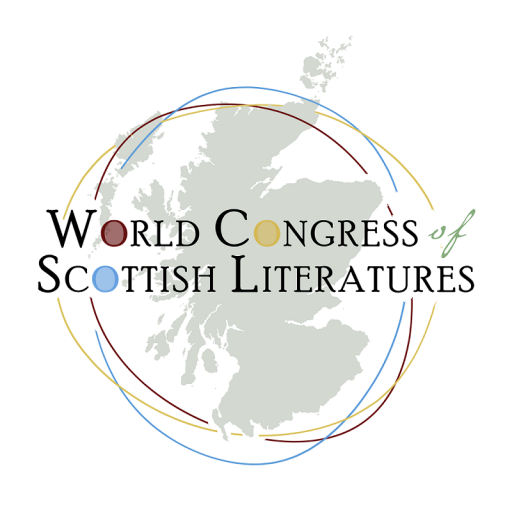The Resting-Place: Of Routes and Roots in Transnational Scottish Poetry
This paper will look at the transnational narrative of Scottish and Indo-Scottish poets who have moved worlds, exploring the meaning of place/space and the sense of belonging and/or alienation in a nuanced consideration of mobility and attachment to place and the meaning of space(s). The postcolonial insistence on the hybridization of identities specifies the irrelevance of the search for national identity. The question that thus arises concerns the perception of ‘nation’ in a reappraisal of identity of itinerants/scattered diasporic individuals who may or may not belong to a ‘community’ on other shores. Lefebvre’s idea of social space as “a means of control, and hence of domination, of power”[1] will be considered against Bhabha’s theory of hybridity and the colonial encounter in the Third Space.[2] This is further problematised by Edward Soja’s idea of Thirdspace[3] which includes activity, city, geography and territory where subjectivity and objectivity merge and the knowable and unknowable combine in the imaginary of poetry written by transnational poets from and in Scotland. Scottish poets I will be referring to range from John Leyden and Violet Jacob to Tessa Ransford and Alan Riach; and the ‘Indo-Scottish’ poets include contemporary voices like Nalini Paul, Jameela Muneer and Tariq Latif.
[1] Henri Lefebvre, The Production of Space (1974; trans. by Donald Nicholson-Smith, Oxford: Blackwell 1991): 26.
[2] Homi K. Bhabha, The Location of Culture (1994; London: Routledge 2012).
[3] Edward Soja, Postmetropolis: Critical Studies of Cities and Regions (Malden MA: Wiley-Blackwell 2000).
